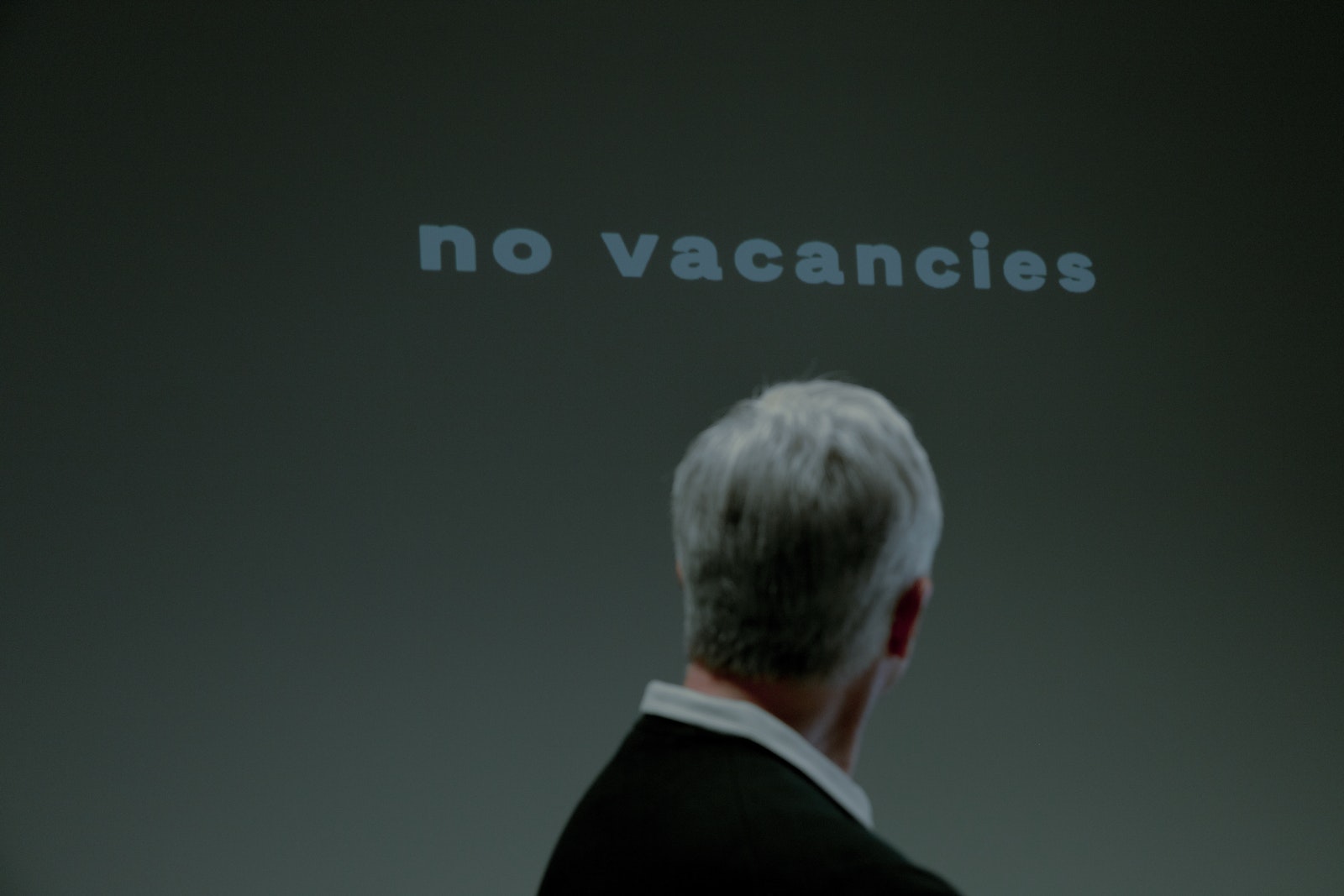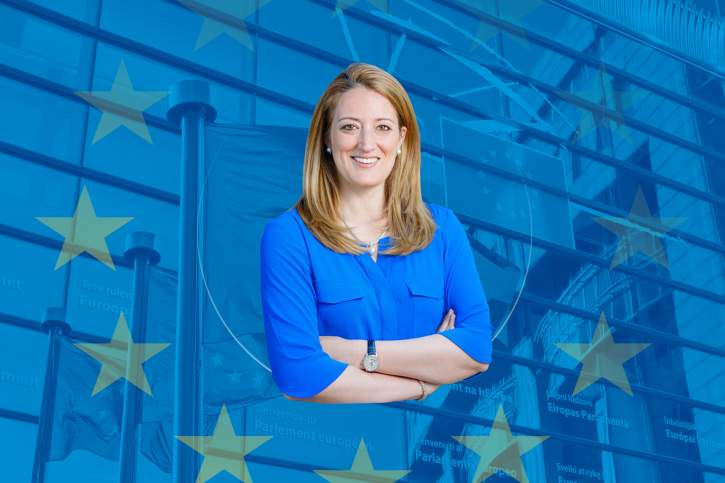In its latest report, the UN Human Rights Council (OHCHR) body found that attacks on civilians, escalating fighting, economic decline and human rights violations persist, despite the country’s re-admission to the League of Arab States.
The continued war in Syria is a “monument to the failure of diplomacy” said Inquiry Chair, Paulo Pinheiro.
Speaking in Geneva at the launch of the report, Mr Pinheiro called on all parties to the conflict to cease the attacks on civilians following the recent wave of demonstrations.
He urged the government in Damascus to respond positively to Syrians’ legitimate aspirations and rights before the country “plunges deeper into escalating violence and economic decline”.
Aftermath of earthquake
The Commission Chairperson reiterated the need for “unilateral coercive measures” imposed by the European Union, the United States, Canada, Australia, and Switzerland from 2011 onwards, to be reviewed, and called for the easing of sanctions since the earthquake on 6 February 2023 to be maintained.
He pointed out that at the time of the earthquake, the Commission received “multiple reports of aid diversion, extortion and corruption,” and documented “obstruction and interference in aid delivery” in the immediate aftermath of the earthquake.
The “Government and other parties needless hindered life-saving aid” and “no party answered our call for a cease-fire. They continue shelling and they continue the war”, Mr Pinheiro said.
Citing the report, Mr Pinheiro explained that a single airstrike on 25 June killed or injured over 37 civilians at an outdoor vegetable market in Idlib that should have been observable to the offensive forces.
He added that of the 15 attacks documented in the earthquake-affected area, several may constitute war crimes.
Airstrikes
According to the report, humanitarian operations were also affected by suspected Israeli airstrikes that rendered key transport infrastructure inoperable.
“These instances, as well as the failure of the UN Security Council to reach a consensus in July to extend cross-border aid deliveries via the Bab Al-Hawa border crossing, stand as a stark reminder of how hostilities, politicisation and fragmentation in Syria harm civilians and deprive them of much-needed assistance,” Commissioner Lynn Welchman said.
Calling for a thorough review of the failures of the earthquake response,” she urged warring parties and the international community to ensure that cross-border humanitarian assistance can continue at the necessary scale and in a principled, needs-based and sustainable manner”.
Displaced
Meanwhile, the UN aid coordination office (OCHA) found that continued hostilities, including shelling, have displaced some 5,300 families, which is more than 26,500 people, between 1 and 9 September.
Clashes in northeastern Aleppo forced nearly 4,600 families from their homes and there are reports of overcrowding in camps and villages, with some families resorting to sleeping in the open. As of 9 September, at least five people were killed, with 22 others, including 11 children, injured.
While the situation in Deir-ez-Zor Governorate, in Syria’s northeast Syria, is calm, hostilities since 27 August have reportedly resulted in 69 deaths and 96 injuries.
More than 6,700 families have been displaced according to Syrian Arab Red Crescent.
Safe return ‘implausible’
The Commission also documents how recent weeks have seen increased conflict in greater Idlib, displacing thousands, and killing dozens in Deir-Ezzor, as well as an outbreak of large-scale protests calling for economic, social, civil and political rights in Government controlled-areas, notably Suweida.
It warns that beyond the frontlines, the safe return of Syrian refugees is implausible with cases of ill-treatment by Syrian security forces, including some blackmailed for their release.
Several refugees, including children, have since gone missing, it states. Arbitrarily detaining, torturing, forcibly disappearing and executing civilians in areas under their control is a war crime and crime against humanity the Commission points out, while calling for the release of all persons arbitrarily detained in Syria.
In a positive development, Mr Pinheiro noted that families seeking clarity on the fate of detained, disappeared and missing loved ones had received “long-awaited welcome news” following the establishment of the Independent Institution on Missing Persons in Syria by the General Assembly in June.
No peace
Commenting on the impact on ordinary Syrians, Commissioner of the Inquiry, Hanny Megally described the experience of truffle gatherers in central Syria: “We’re seeing an increase, [in] people fighting over economic needs and survival and that results in violence, abductions.” People fighting over the truffle market is “an example of the country descending into that state of insecurity,” he said.














